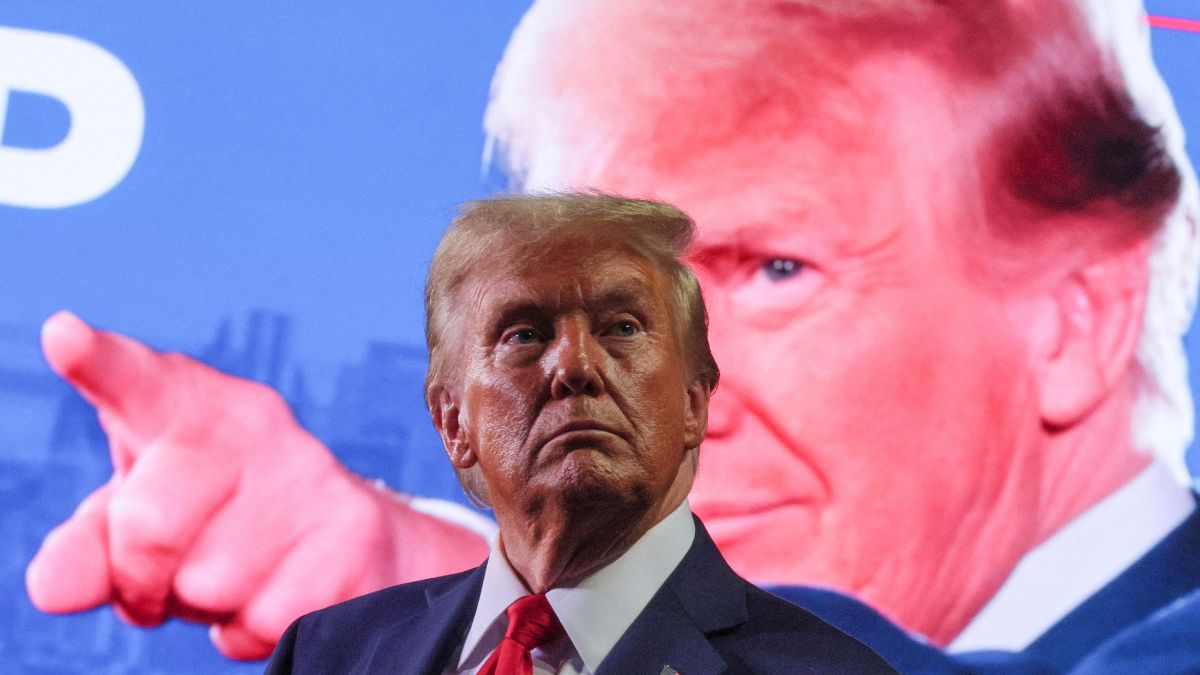On his first day back on the diplomatic front, former US President Donald Trump reached out to several world leaders setting a distinct tone by speaking with Prime Minister Narendra Modi and Saudi Crown Prince Mohammed bin Salman (MBS). This initial outreach highlights Trump’s nontraditional approach to diplomacy, diverging from the conventional order of contacting traditional Western allies first—a sequence his successor Joe Biden adhered to in 2020, prioritising calls with leaders from Canada, the UK, France and Germany.
This unconventional choice of partners points to Trump’s apparent pivot toward Asia, emphasising his interest in strengthening ties with nations beyond the Western sphere. By reaching out to India and Saudi Arabia right away, Trump signalled his intent to prioritise strategic partnerships in Asia, potentially reshaping America’s foreign policy focus.
Trump’s bond with India and Modi
In his conversation with Modi, Trump showered India and the prime minister with praise, calling India a “magnificent country” and Modi a “magnificent man.” He expressed a desire to work together for “global peace”, highlighting his vision of a robust India-US India alliance. This rhetoric aligns with Trump’s past statements but should be examined critically, given his inclination for grand gestures that don’t always translate into substantive policy shifts.
How Trump’s return could shape Pakistan relations
Trump’s return to the White House could signal a stark shift for US-Pakistan relations. During his previous term, he took a hard line against Pakistan, publicly accusing it of harbouring terrorist groups, including the Taliban. In a particularly direct statement, Trump remarked, “We can no longer be silent about Pakistan’s safe havens for terrorist organisations, the Taliban, and other groups that pose a threat to the region and beyond."
Impact Shorts
More ShortsIn 2018, Trump cut off significant military aid to Pakistan, stating aid would only resume if Pakistan demonstrated a commitment to combatting terrorism. This move sparked outrage in Pakistan, where effigies of Trump were burned in protest. The situation has evolved under President Biden, who resumed some military assistance to Pakistan and met with Prime Minister Shehbaz Sharif, signaling a warming of ties. Trump’s comeback may disrupt this progress, as he’s unlikely to overlook what he perceives as Pakistan’s “double game” on terrorism.
“We have been paying Pakistan billions and billions of dollars at the same time they are housing the very terrorists that we are fighting but that will have to change and that will change immediately,” President-elect Trump said.
Bangladesh on the radar
Trump’s attention has also turned toward Bangladesh, where he recently criticised the interim regime for its handling of minority rights, calling out the “chaos” and the attacks on Hindus and other minorities. This contrasts sharply with Biden’s approach, as the current administration has cultivated a warm relationship with prominent Bangladeshi figures, including Nobel laureate and microfinance pioneer Mohammed Yunus. Yunus, a favourite of US Democrats, was honoured by former President Barack Obama and has close ties with the Clinton family, reflecting a friendly rapport between the current US administration and Dhaka.
Under Trump, however, this relationship could face challenges. Yunus has already reached out to congratulate Trump on his return, expressing a desire for stronger ties. Yet the change in administration may bring uncertainty, particularly as Sheikh Hasina, Bangladesh’s embattled former prime minister, recently issued a congratulatory note to Trump, despite her precarious political standing.
Will the Taliban see a second chance?
Another surprising actor hoping for a revived relationship under Trump is the Taliban. After Trump negotiated the historic US withdrawal from Afghanistan in 2020, the Taliban are now cautiously optimistic about Trump’s return, suggesting they expect “realistic” policies moving forward. While Trump’s 2020 deal with the Taliban garnered global attention, it also underscored his willingness to negotiate with unconventional leaders. His approach to diplomacy—even with adversaries—demonstrates an openness to dialogue, a pattern also seen in his meetings with North Korean leader Kim Jong-un.
Other South Asian nations: A limited focus
Beyond the primary players in South Asia, Trump’s previous administration exhibited limited engagement with countries like Sri Lanka, Nepal and the Maldives. Biden, by contrast, had been investing diplomatic capital in these nations, hosting key figures like the Maldivian foreign minister to strengthen bilateral ties. However, it remains uncertain if Trump will continue such engagements. Historically, his administration’s South Asia focus was largely limited to India, Pakistan, and Afghanistan.
Expecting the unexpected: The “Trumpisms” factor
A return to the Trump era may also mean more off-the-cuff comments and unconventional diplomatic moves. His previous offers to mediate the Kashmir dispute between India and Pakistan along with jabs at India’s development efforts in Afghanistan, exemplify his unique style of diplomacy. Such unpredictability may shape his approach to South Asia in unexpected ways, reinforcing his reputation for few filters and fewer red lines.
As Trump steps back into the global diplomatic arena, his priorities and alliances remain in flux, promising a presidency that will likely be as unfiltered and unpredictable as the last.
)